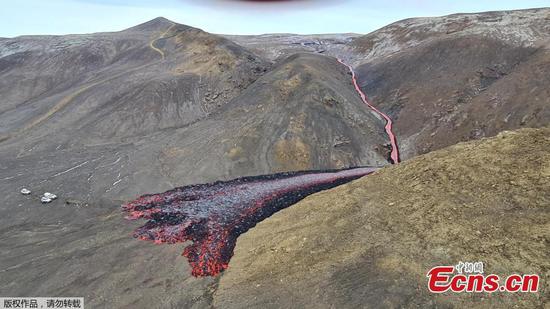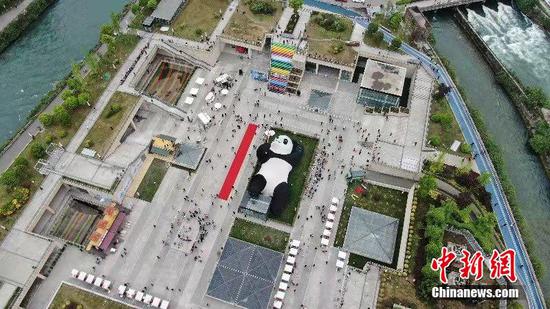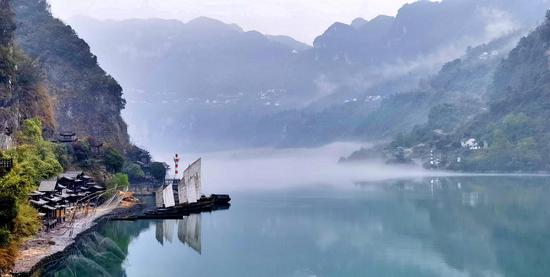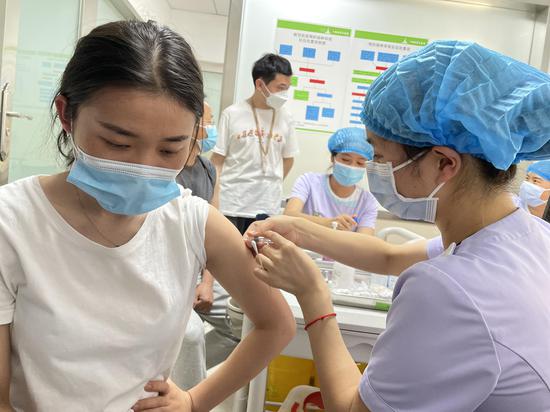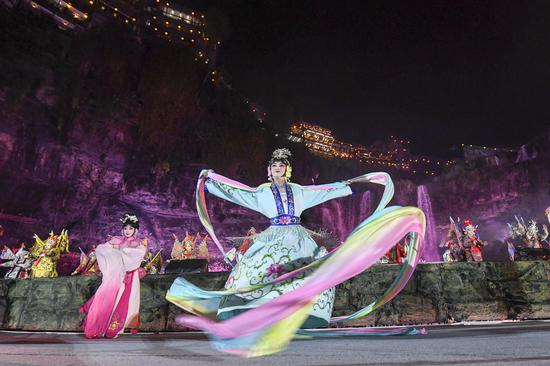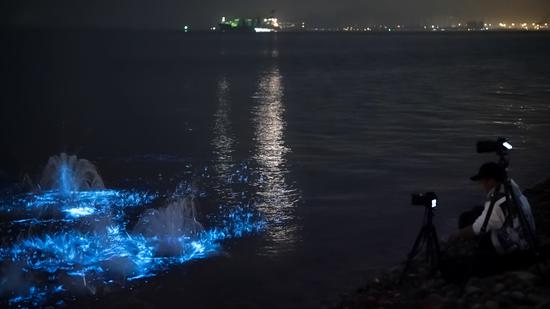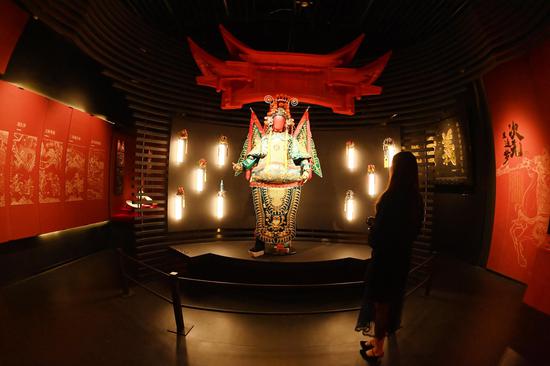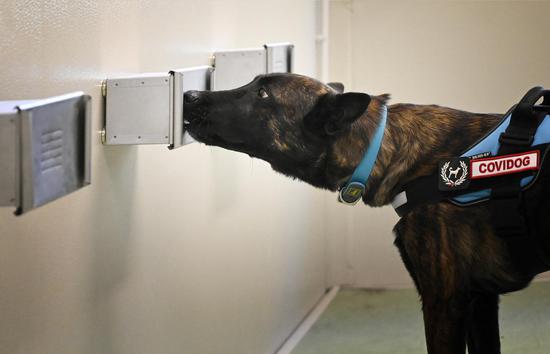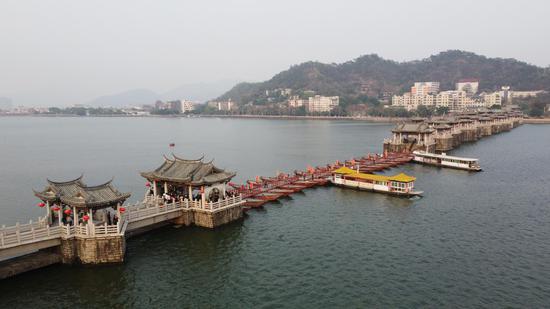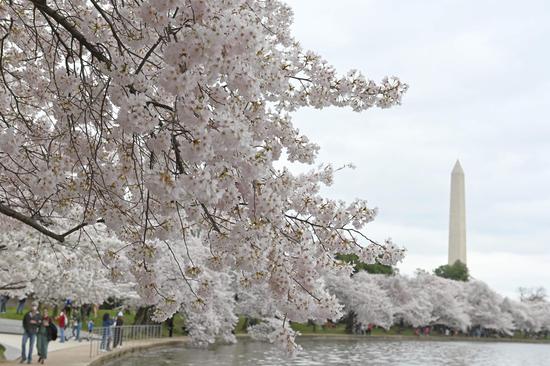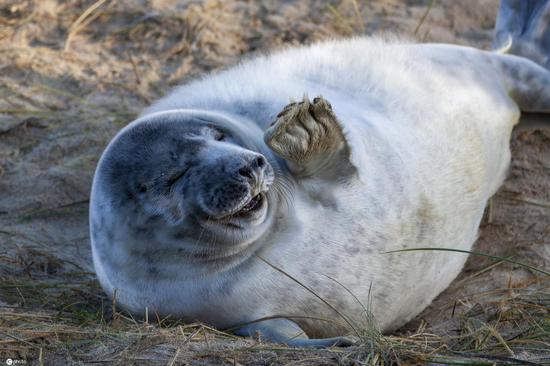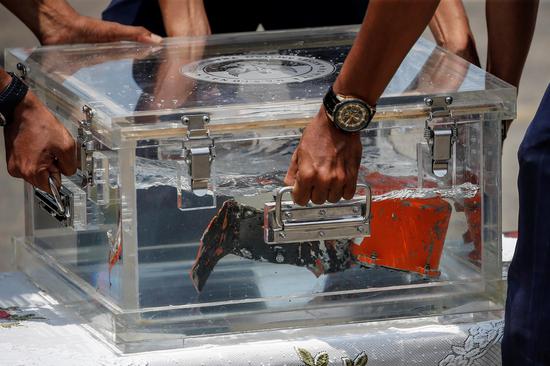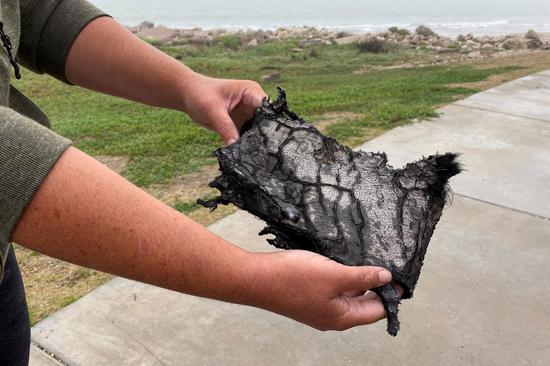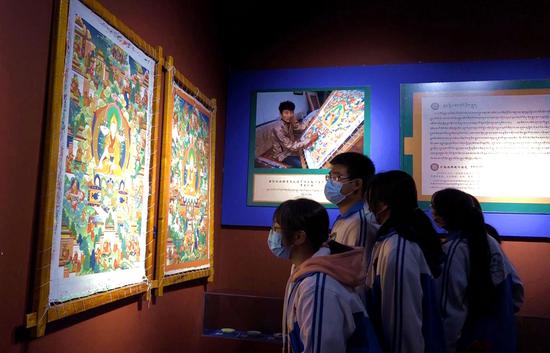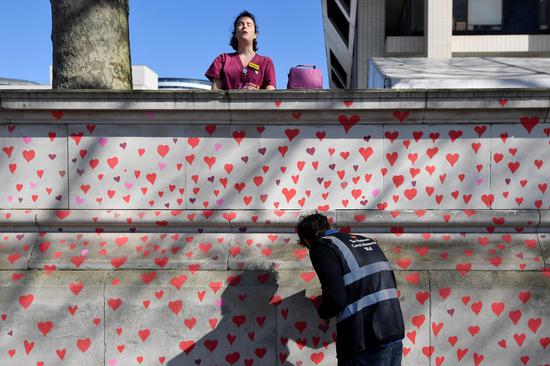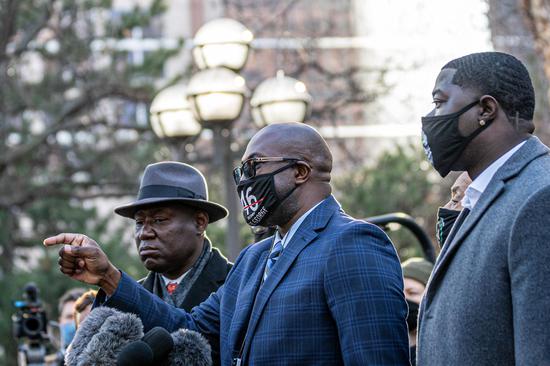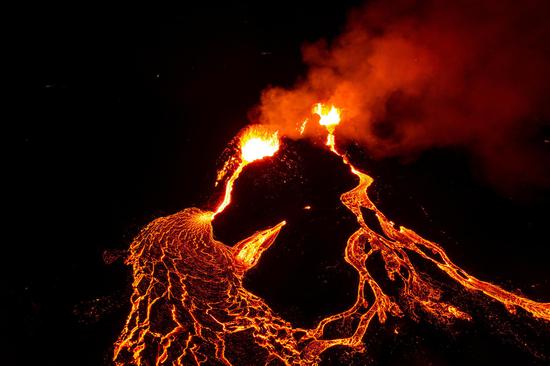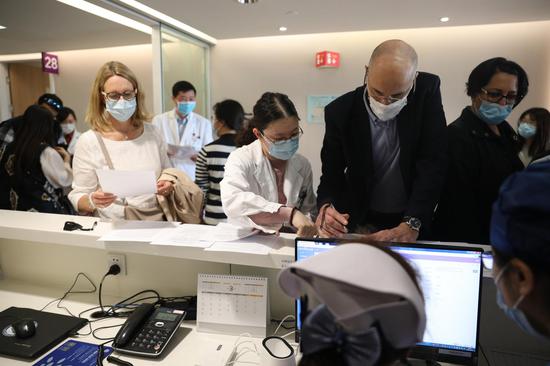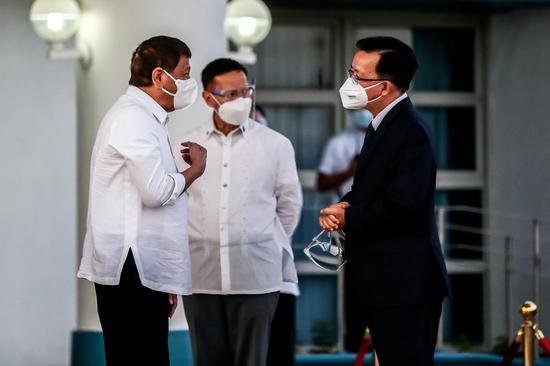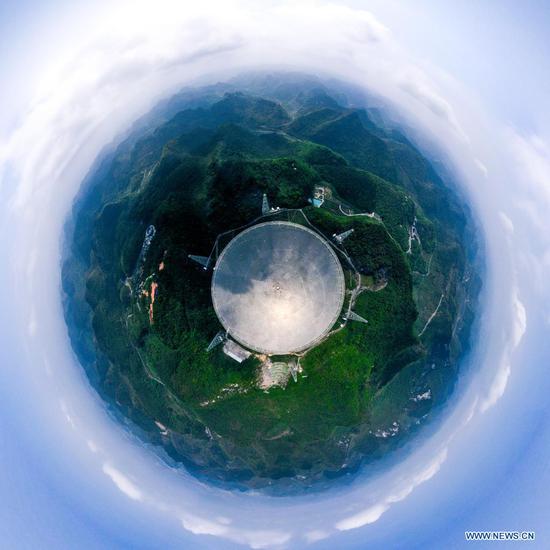
Immigration officers from the Pumaqangtang border police station patrol grassland in Nakarze county, Lhokha, Tibet autonomous region, on Aug 8, 2020. (Photo by Wang Jing/China Daily)
Dolatmaan Kamak, a 28-year-old national legislator from the Xinjiang Uygur autonomous region, raised proposals aiming to improve the treatment of border patrollers in plateau regions during his debut at this year's National People's Congress session.
He patrols the border in the Tashikurgan Tajik autonomous county and was chosen at a by-election this year to fill the seat of fellow patrolman Laqini Bayika, one of the initiators of the proposals, who sacrificed his life in January while saving a boy from a frozen lake. Laqini was only 41 years old.
"We took his proposals to the annual NPC session and would like to fulfill his promise of improving the livelihood of border patrollers," Dolatmaan said.
The proposals suggested lowering the retirement age in the county, building a stronger border patrol team, and raising the pensions of retired patrollers, said Musa Mehmet, another NPC deputy from the region.
"The average life expectancy of the county in the plateau region is much lower than the national level, and many employees die before they retire, so Laqini proposed to solve the difficulties of local villagers," Musa said.
Laqini's grandfather and father were former patrol guides with the Khunjerab border force, which guards the China-Pakistan border, and Laqini followed in their footsteps in 2003. The three generations spent 70 years devoting themselves to border security.
"It's a tradition of his family to serve the people and the country regardless of their own interests," Musa said, adding that Laqini had lost yaks that he had raised for years during missions.
Dolatmaan said Laqini had a good relationship with local villagers, and often volunteered to lend a hand to herdsmen.
"When villagers needed help amid the COVID-19 epidemic last year, the first person they thought of was Laqini," he said.
"I saw him transferring emergency supplies near the border, delivering daily necessities to each household, and working on the pastureland for other villagers. I seldom saw him rest."
Laqini died on Jan 4 while helping a boy who had accidentally fallen into a hole in a frozen lake.
He saved the boy's life but fell into the icy water himself when the ice gave way.
"It was not the first time he put his own life at risk to save other people," Musa said.
He said he had heard that Laqini had once taken off his clothes during a blizzard and twisted them into a line that he used to drag a soldier out of a snow cave.
"The soldier was rescued, while doctors treated Laqini for three hours in the hospital to bring him back to life," he said.
Musa said Laqini had inquired about donating his body during last year's NPC session.
"He asked the president of Xinjiang Medical University, who is also an NPC deputy, about how to donate his body or organs in the event of an accident," Musa said.
However, his organs were not able to be donated after his death because his body had been immersed in freezing water for too long.
Musarjan Nurdun, Laqini's classmate at Kashgar University and also an NPC deputy, said Laqini's proposals have been submitted to the NPC for further discussion and have received backing from the regional government.
Laqini, who became an NPC deputy in 2018, submitted 12 proposals regarding the livelihoods of people in the county.
Musarjan also took part in the boy's rescue and witnessed Laqini's bravery. He said Laqini was discussing suggestions to be handled this year just before the accident happened.
"Laqini devoted himself to improving people's lives. He can never show up at the annual NPC session again, but we will fulfill his unfinished wishes," Musarjan said.









